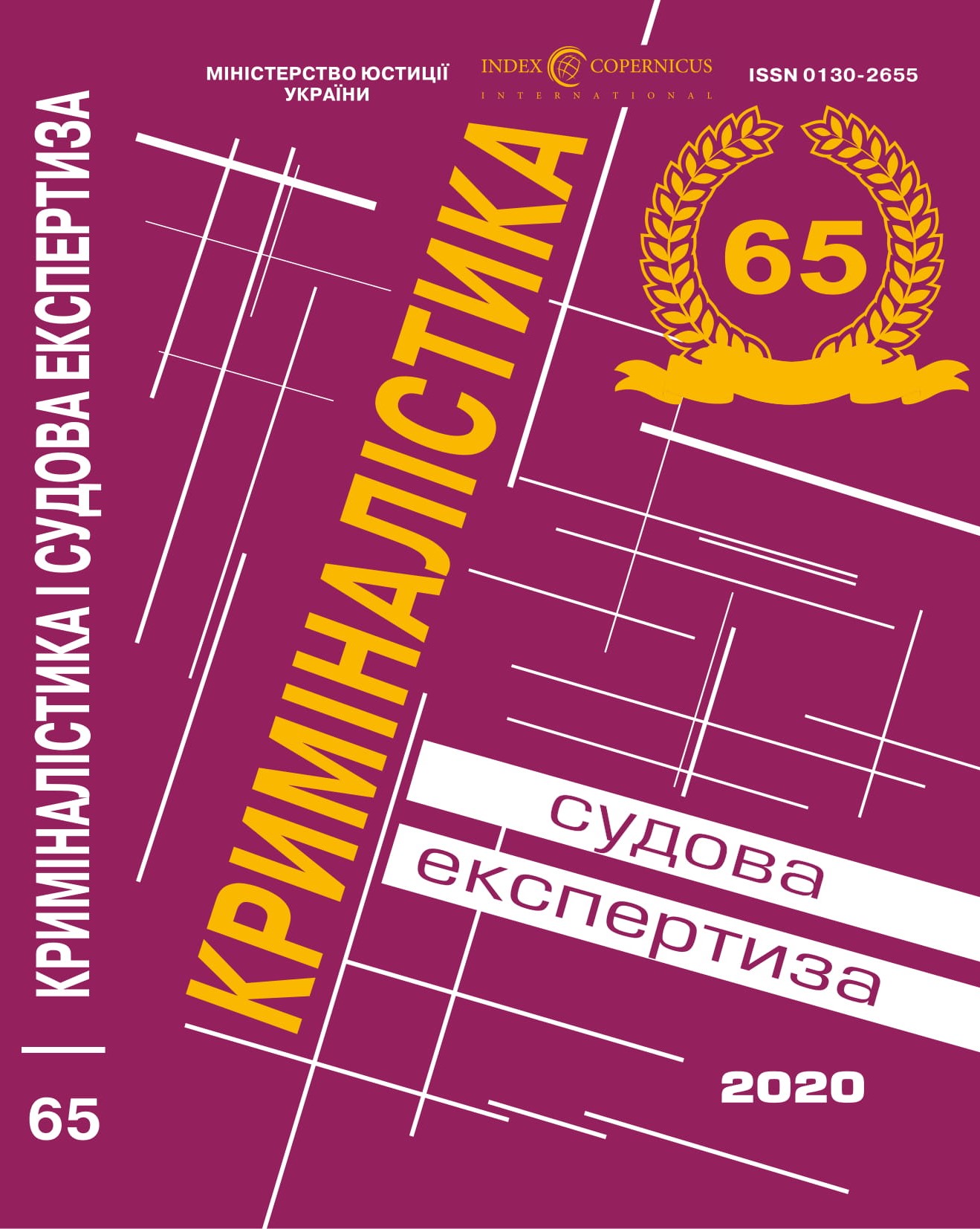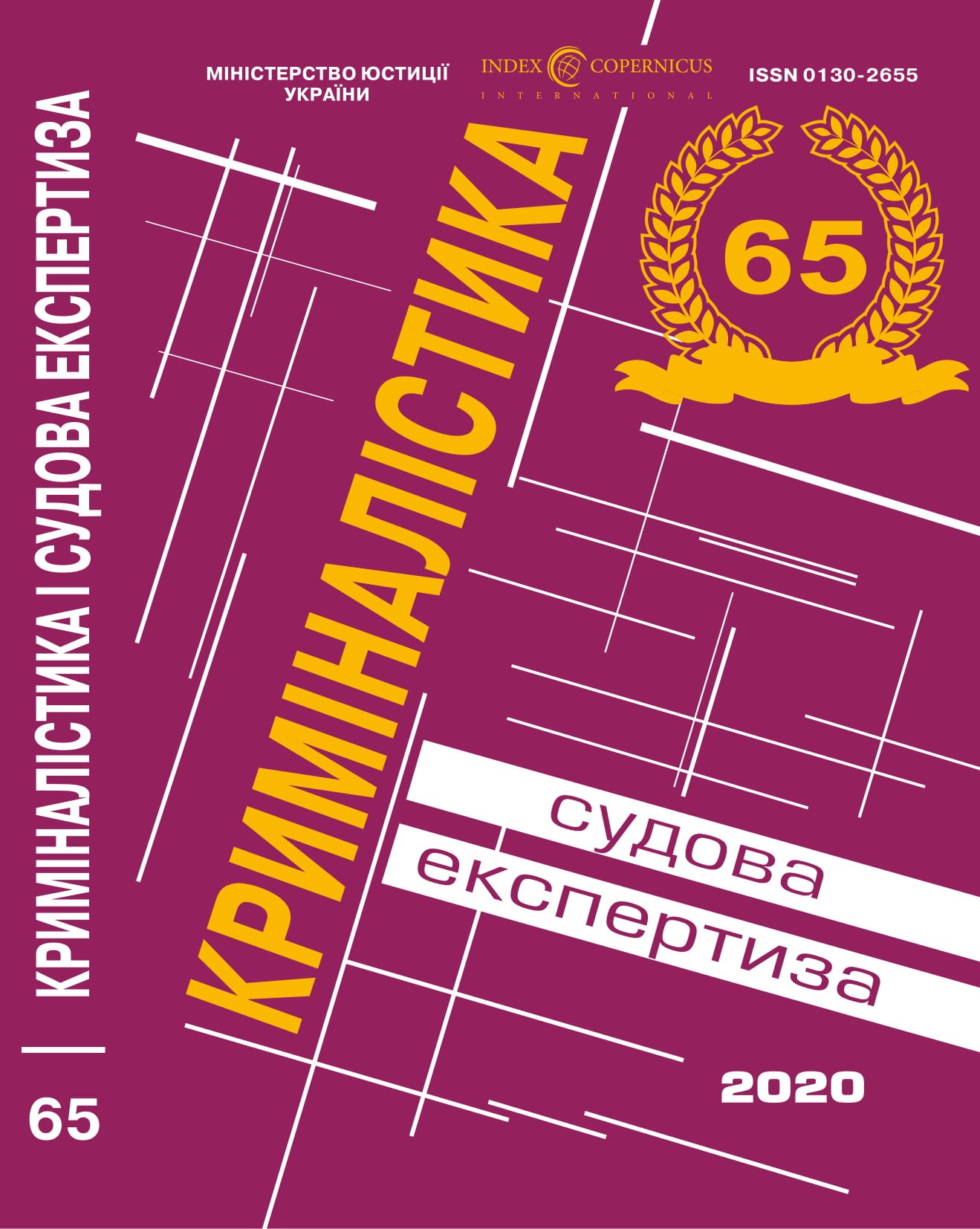DOI: https://doi.org/10.33994/kndise.2020.65.23
O. Baulin
The article discusses the proof of improper performance of professional duties by a medical worker. It is noted that rare cases of criminal prosecution of medical workers for failure to perform or improper performance of their professional duties, which are reflected in judicial statistics against the background of numerous complaints of victims in health facilities, are caused by the lack of evidence for the prosecution.
According to the verdicts, evidence of the commission of these crimes are testimonies, documents and conclusions of examinations. The originals of medical documents are especially important, which, in order to be admissible in proof, should appear on the side of the prosecution in accordance with the law, including the one that regulates medical activities, storage and access to documentation, which may contain information that constitutes medical confidentiality.
It is recommended to involve specialists in the field of medicine to participate in procedural actions, as they expertly help the investigator to collect traces of the use of medicines and find out other issues. Commission forensic medical examination in cases of professional activity violations by medical workers is mandatory, as it solves the issue of the presence of defects in their actions.
It is noted that the Rules for the Commission of Forensic Medical Examinations, approved by the Ministry of Health of Ukraine in 1995, provide for the possibility of inclusion in the commissions, along with experts, specialists of other specialties, which was allowed by the Criminal Procedure Code of Ukraine in 1960. Since the Criminal Procedure Code of Ukraine of 2012 does not provide such an opportunity, the conclusions obtained by such commissions should not be used in making procedural decisions.
To solve this problem, it is proposed to fix in the Code of Criminal Procedure of Ukraine the procedure for attracting to conduct comprehensive and commission forensic examinations necessary to ensure their objectivity and completeness of specialists from among those who are not forensic experts.
The proposed changes to the law, as well as the recommended approach of the investigator and the prosecutor to determine the means of evidence will contribute to a better and faster investigation of the non-fulfillment or improper performance of medical duties by medical workers and will strengthen the prosecution’s position in court when considering cases of this category.
Key words: features of criminal procedural evidence; improper performance of professional duties by a medical worker; commission forensic medical examination


